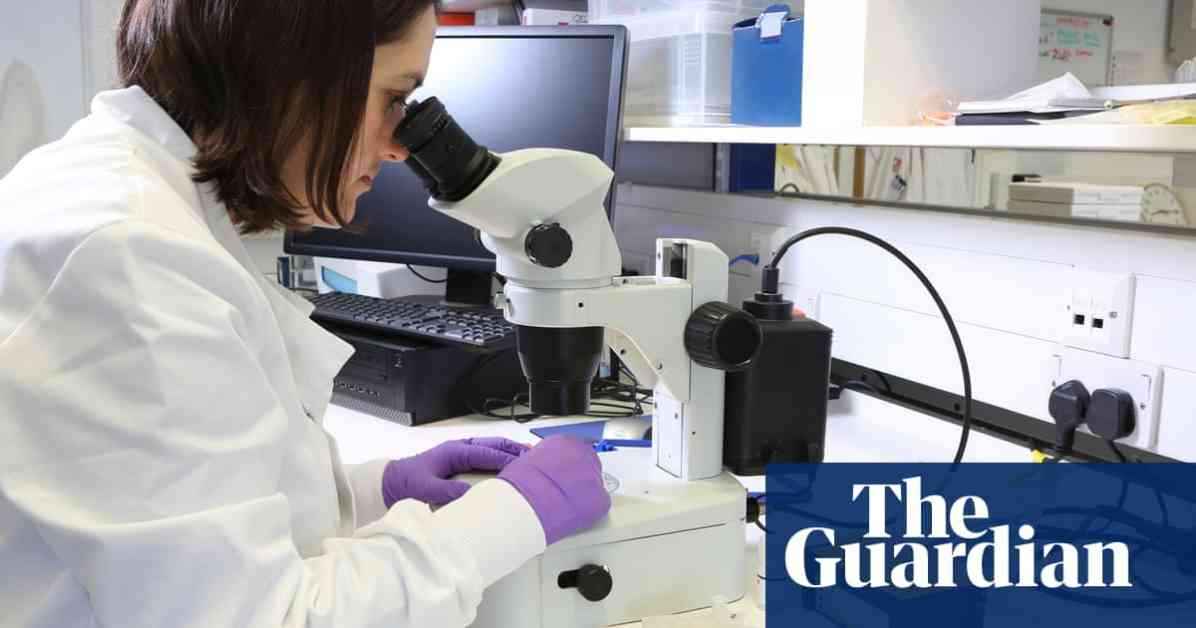The number of early-stage cancer diagnoses in England has hit a record high, according to recent reports from the NHS. This groundbreaking analysis focuses on 13 of the most common types of cancer, including breast, prostate, and lung cancer, revealing that nearly three out of five patients are now being diagnosed at stages one or two, when treatment is most effective.
NHS Initiative Leads to Progress
The NHS attributes this positive trend to a two-year initiative aimed at encouraging millions of individuals to undergo potentially life-saving screenings. This initiative targets individuals who may have a higher risk of developing cancer due to genetic or lifestyle factors. The data from September 2023 to August 2024 shows that 58.7% of common cancers were detected at an early stage, marking a 2.7 percentage point improvement from pre-pandemic levels. This improvement translates to approximately 7,000 more patients being diagnosed early, increasing their chances of successful treatment.
Efforts and Impact
NHS England’s national cancer director, Cally Palmer, emphasized the importance of early detection in saving lives. She highlighted the success of recent efforts to promote early diagnosis and expressed optimism about the increasing number of people being diagnosed at an earlier stage. Despite these advancements, Palmer acknowledged that more work is needed to further improve outcomes and save more lives.
Personal Story: Paul Nelson’s Experience
Paul Nelson, a 72-year-old resident of Birkenhead, shared his experience with early cancer detection. Despite being asymptomatic, a routine lung health check revealed lung cancer. Reflecting on his diagnosis, Nelson expressed gratitude for the opportunity to undergo treatment early. He urged others to prioritize their health and not delay potentially life-saving screenings, emphasizing that early detection can make a significant difference in outcomes.
Encouraging Awareness and Action
The NHS has introduced targeted programs like the lung health check and liver health initiatives to enhance early detection efforts. These programs utilize advanced mobile scanning units to provide comprehensive screenings in various community settings. Data indicates that over 5,000 individuals have been diagnosed with lung cancer early through the targeted lung health check program since its inception in 2019.
Additionally, the NHS has seen a significant increase in the number of people undergoing urgent cancer screenings, with over 3 million individuals receiving checks from November 2023 to October 2024. This surge in screenings underscores the importance of raising awareness, identifying potential risks, and encouraging early intervention to improve cancer outcomes.
NHS England’s national clinical director for cancer, Prof Peter Johnson, emphasized the crucial role of awareness and early detection in ensuring prompt treatment and saving lives. He encouraged individuals to prioritize their health, engage in conversations about cancer, and support loved ones in seeking timely screenings. By promoting awareness and proactive screening, the NHS aims to continue improving cancer outcomes and enhancing overall public health.












